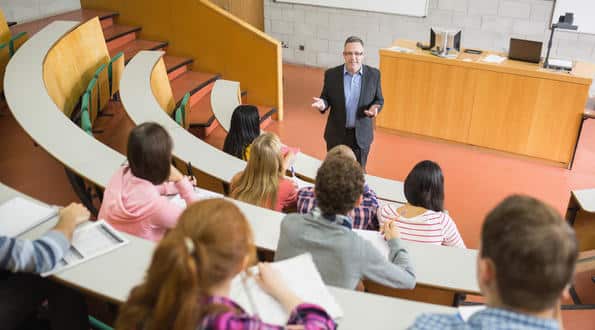Usually, social justice refers to what’s honest and what’s not. Sadly, we frequently see injustices occur in our lives. Generally these actions register with us, and typically, they don’t. Injustice could also be one thing like how a homeless particular person is handled or threatening the protected rights of nationwide monuments. Realizing that there are a number of sides to any challenge can be important. College students want abilities and data to know injustices and make change occur. Studying about social justice helps college students grow to be higher world residents.

Data is a Key Device
Let’s begin with the data helpful to college students in tackling social injustices.
- Historical past and context: In social research, historical past, and economics courses, college students study concerning the historic and cultural context of varied social points and the a number of views of those points. These contexts are vital in informing the event of efficient options.
- Sociology and social psychology: Connecting present occasions with the previous is a technique to take a look at the a number of views of a difficulty. When college students study and perceive how social constructions and particular person conduct work together to create social issues, they’ll start to establish ways in which altering conduct can contribute to completely different outcomes.
- Politics and coverage: Whereas extra typically taught to older college students, even younger college students want to know how coverage selections are made. Understanding the method and easy methods to advocate for change inside the system is beneficial data to tell their planning and decision-making.
Social Emotional Studying Framework
If we have a look at the abilities taught in social-emotional studying, many are important for college kids as they search to be extra conscious of injustice on this planet. The Collaborative for Educational, Social, and Emotional Studying (CASEL) advocates that when college students are taught self-awareness, social consciousness, self-management, relationship abilities, and accountable decision-making, their attitudes about themselves and others enhance. They reveal constructive social behaviors and relationships and improve their engagement as classroom/college neighborhood members. A couple of particular abilities which are helpful to college students advocating social justice embrace:
Widespread Tales Proper now Seven Methods for Constructing Optimistic School rooms Interactivity Beneficial properties Steam for Youngest College students Redefining Enjoyable for Younger Readers
- Crucial considering: College students want to investigate data, establish biases, and consider arguments to establish and perceive the basis causes of social points and suggest efficient options.
- Communication: As with all efforts to share concepts, college students have to precise themselves clearly and even persuasively to advocate for collaboration and alter.
- Empathy: and from completely different views means college students should put themselves in different’s positions to know their experiences.
- Analysis: Discovering, evaluating, and synthesizing data permits college students to know social points deeply. This ability lets them develop simpler options, mixing the historic, contextual, and social contexts.
- Drawback-solving: College students want to have the ability to establish issues, brainstorm options, and implement and consider these options to impact constructive change.
Utilizing Values as a Educating Device
The data and abilities must be supported by values. Whether or not college students begin with these values or develop them because of studying extra about social justice, they want values associated to social justice, range, civic engagement, and braveness to advocate for efficient change.
- Imagine in social justice: College students should consider in fairness, equity, and equality for everybody. Additionally they have to acknowledge that some teams face systemic injustices.
- Respect range: College students should acknowledge the significance of understanding and respecting completely different cultures, backgrounds, and views. They should worth range.
- Take part in civic engagement: Serving to college students perceive their citizen duties will strengthen their dedication to positively contributing to their communities.
- Show braveness: Talking up for oneself and others takes braveness. Even within the face of opposition, college students’ voices converse up and take motion to handle injustices and trigger change to reveal their braveness for the higher of the neighborhood.
As Tabitha Dell’Angelo stated, “Educate your college students about making constructive change on this planet by connecting with them, discussing real-world issues and a number of views, creating classroom neighborhood, and together with genuine evaluation.” Don’t be shocked if one consequence of educating college students about social justice is pupil activism. College students are taking motion to assist those that need assistance or an advocate…being brave residents taking a stand in opposition to injustice.
